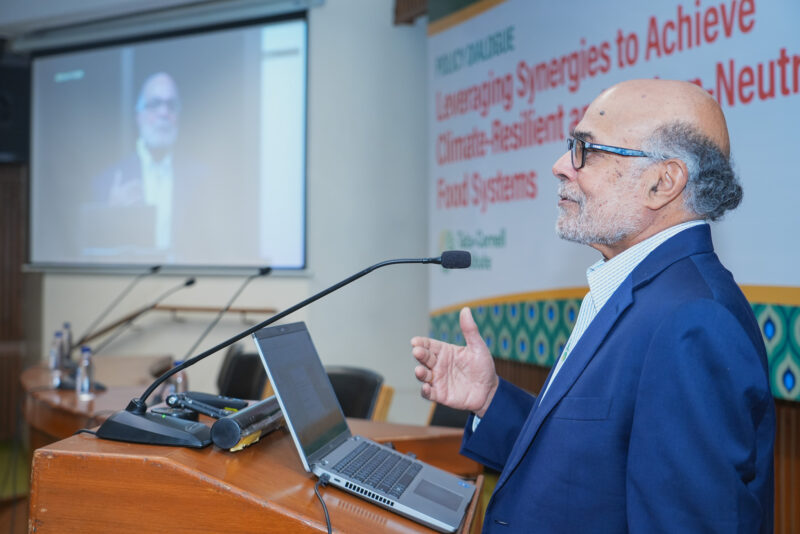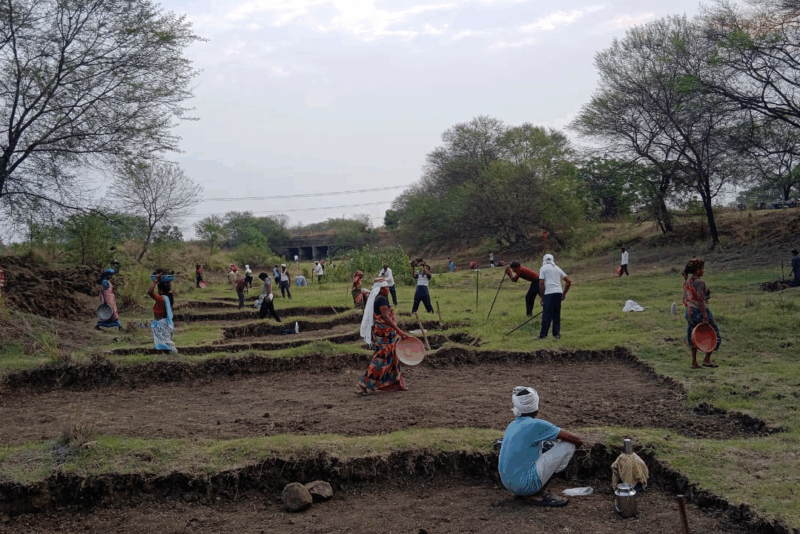In Op-Ed, TCI Director Calls for Reorientation of Indian Agriculture

TCI director Prabhu Pingali’s op-ed appeared in The Daily Pioneer on July 18, 2020.
TCI director Prabhu Pingali says the Indian government should refocus its agricultural policy on the production of diverse, nutrient-rich crops to reduce hunger and malnutrition. Writing in the Daily Pioneer, Pingali argued that India’s focus on staple grains like wheat and rice has contributed to stubbornly high rates of malnutrition in the country.
Pingali’s op-ed presented the findings and recommendations of TCI’s new report, Food, Agriculture, and Nutrition in India 2020: Leveraging Agriculture to Achieve Zero Hunger. The report, which was released on July 15, provides an analysis of India’s progress towards achieving the second sustainable development goal—zero hunger. It shows that different forms of malnutrition, such as undernutrition and obesity, are unevenly distributed throughout the country. For example, more economically advanced states have lower rates of undernutrition, but rising rates of obesity and the noncommunicable diseases associated with it.
“Addressing both ends of the malnutrition spectrum requires enhanced availability and access to diverse and nutritious foods that are affordable for impoverished people,” Pingali writes. “To achieve this goal, continued high-level investments in agricultural infrastructure and research are needed to sustain past gains in productivity growth and exploit new opportunities for growth, such as the renewed interest in millet and pulses. India must re-orient agricultural policy away from its traditional focus on staples and towards enhancing the productivity and supply of coarse cereals, pulses, fruits, vegetables and livestock products.”
Read the full op-ed on DailyPioneer.com: “Food policy must focus on quality, not quantity”





